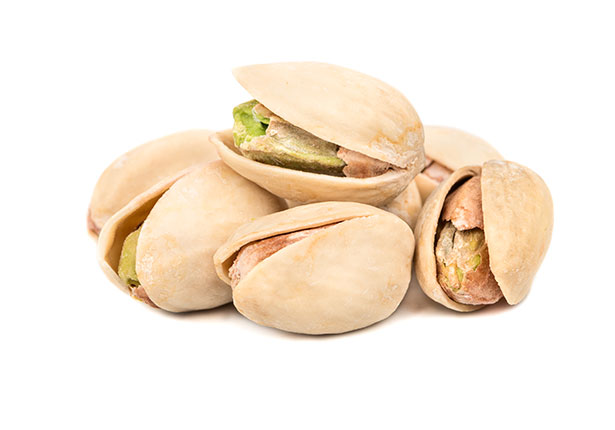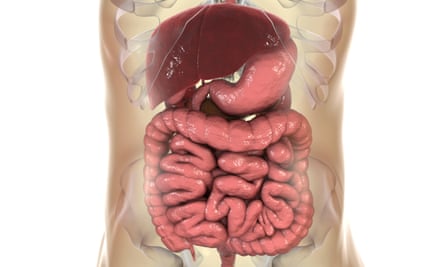Amongst the varied types of nuts, almond seeds and pistachios are perhaps the best choices for maintaining your body's health, offering 9% of the daily recommended allowance for vitamin E and up to 30% for calcium. They're also a rich source of iron, zinc and vitamin B5.
Almonds are available in two varieties: light and dark. Lightly roasted, they retain their flavor and aroma even after cooking. Compared to other nuts, they are also a rich source of protein, but contain more calories. The darker ones are a little bitter, but still retain their taste and aroma for a long time after the kernel has dropped from them.
Since these nuts are available in a variety of shapes and flavors, picking the right one is often difficult. To narrow down your options, think about the types of nuts and how best to use each nut. Consider what you can eat to make the best choices that provide you with the most vitamins and minerals.
You will want to know about the many different varieties of nuts and their types of kernels. The two most popular varieties are Brazil nuts and cashews. These nuts come from different parts of the world, although they all share some characteristics in common: they are buttery, have a nutty flavor, and are easy to grind.
If you are looking for something a little more exotic, then peanuts, blueberries, hazelnuts and sesame seeds originate from Southeast Asia and are used in Chinese and Japanese cuisine. They are not as oily or aromatic as their Brazilian counterparts, but they are much richer in flavor. Blueberries and hazelnuts are also much easier to digest.
Almonds have their own benefits too. For example, they are high in Omega-3 fatty acids, which help keep your heart healthy. In addition, when it comes to heart health, the American Heart Association states that almonds are one of the main sources of magnesium. and zinc.
When choosing an almond variety, keep in mind that the main nutritional value is in the seeds. Not only do they contain the most nutrients, they are also the hardest to digest. And since they are dry, it is difficult for them to throw away waste. if eaten raw.

Choose the ones that are best for you, whether you like the light roast or have a sweet taste
But don't go overboard with your favorites – you'll be surprised at the health benefits they offer. So try them for yourself – you'll probably fall in love with them!
If you enjoy a lot of peanut butter or chocolate then go ahead and add cashew nuts to the mix. The cashews are high in omega-3 fatty acids and help protect your heart from damage caused by free radicals. If you're looking for ways to improve your blood flow, you might want to consider adding these nuts to your diet.
If you aren't into nut butters, almond butter is another good alternative. But you can still enjoy nuts without the oils if you want. Just substitute olive oil or coconut oil for your regular butter.
Toasting your nuts can also help give you an extra bit of nutty flavor, and crunch. Be sure to take care when you do this so as not to burn them. In general, they will have a mild toasted flavor if they're fresh, but a nutty flavor if they've been sitting around for a while.
Toasted almonds provide a great source of protein and also have a lot of fiber. Try to get a few servings a day and eat them with fruit and vegetables such as apples, pears and bananas. Other fruits and veggies that benefit from a bit of almonds include peaches, prunes, bilberries, plums and prunes.
As far as side dishes go, you can top some nuts with honey or sunflower seeds. They'll add some extra antioxidants, vitamin E and potassium to your meal. If you're planning on cooking, a few pieces of almonds in water with some sunflower seeds will be a healthy snack as well. The nuts themselves are very healthy and provide lots of nutrition, and some healthy fats.

